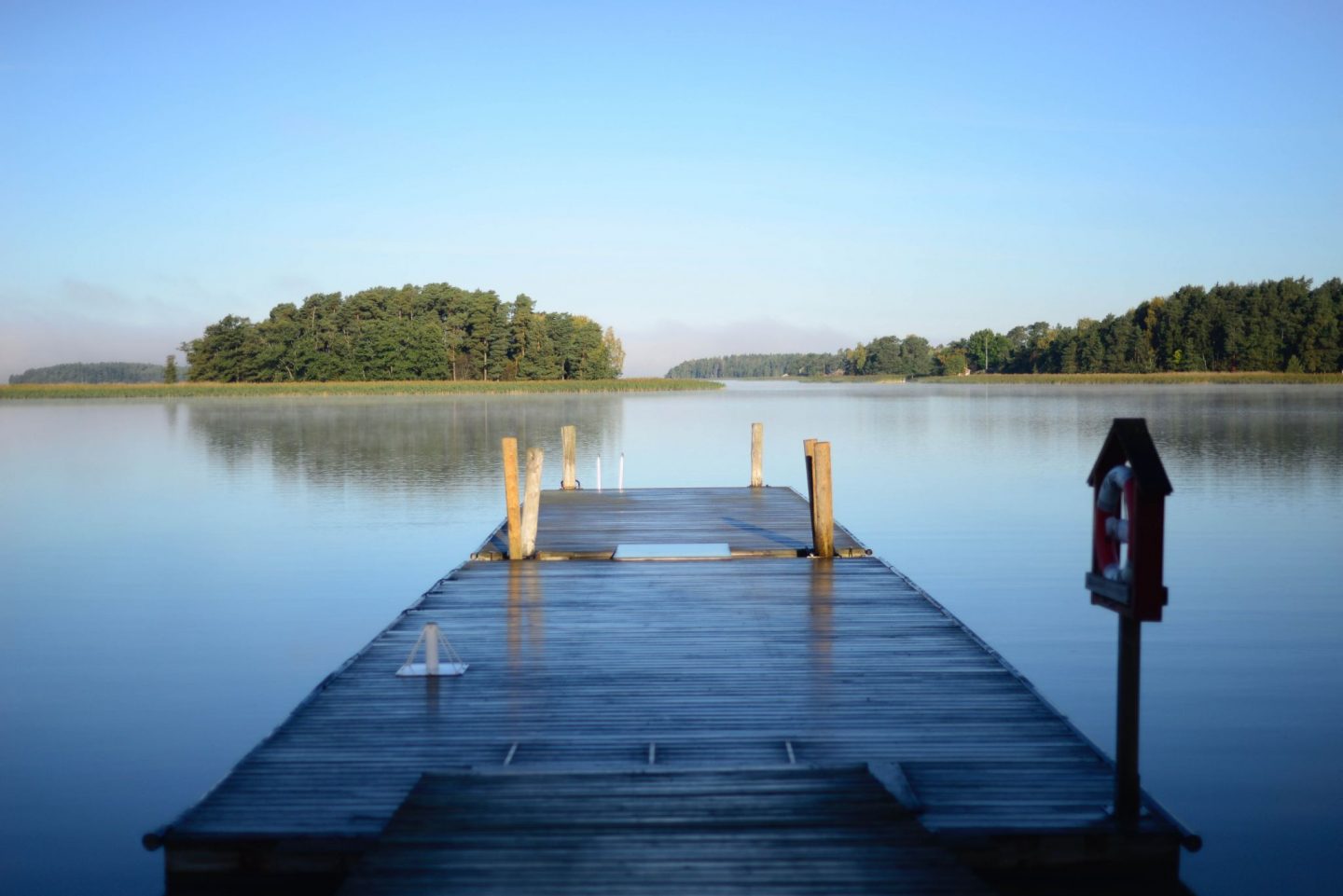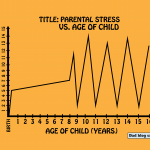With the summer holidays underway, your children are likely to spend at least some time playing near water. Be it at the beach, swimming pool or simply a paddling pool in the garden. Drowning prevention charity the Royal Life Saving Society is urging parents to think about water safety while the weather is at its hottest.

The facts do, sadly, speak for themselves. Over the past five years, 78 children aged from 0-14 have been involved in fatal drowning incidents. A staggering 50 of these involved children under 10 years of age.
RLSS points out the majority of child drowning accidents happen either in the home or in a swimming pool. It’s statistics show:
- 20% of 0-9 year olds drowned in the bath
- 24% of 0-9 year olds drowned in a pond
- 20% of 0-9 year olds drowned in a swimming pool
Almost half of drowning accidents happen in the summer months. There are a number of things you can do to help keep your family safe this summer and RLSS offer the following water safety tips:
At home
- Always use self-closing gates, fences and locks to prevent children from gaining access to pools of water
- Securely cover all water storage tanks and drains
- Empty paddling pools and buckets as soon as they have been used
- Always turn paddling pools upside down once empty
- Always supervise bath time (never leave children unattended)
- Empty the bath as soon as possible after use.
On holiday
- When researching your holiday, or arriving at your destination, check the safety arrangements of any water-based activities and if there is lifeguard cover at the pool or beach
- Check bathing sites for hazards, check the safest places to swim and always read the signs – find out what local warning signs and flags mean. Take time to check the depth, water flow and layout of pools
- Swim with any children in your care, it’s more fun and you can keep them close and safe
- On beaches, check when the tide will be high and low and make sure that you won’t be cut off from the beach exit by the rising tide. Also, be aware of dangerous rip-currents
- Inflatable dinghies or lilos are a well-known hazard, each year there are drownings as people on inflatables are blown out to sea so do not use them in open water
- Do not swim near to or dive from rocks, piers, breakwater or coral
- Swim parallel to the beach and close to the shore.
Di Steer, chief executive officer of RLSS said:
“We don’t want to stop people having fun in the water, far from it, we want everyone to have fun and enjoy the summer weather. But it is important to remember that drowning can, and does happen, and that there are things you can do to prevent tragedy.” For more information about water safety and RLSS, go online to the charity’s website.







1 thought on “Water safety: Tips for families from the RLSS charity”
Something you have missed in your post is water holidays such as Norfolk Broads. My Dad and my Son have pulled people out of the rivers twice in the last 3 years (fallen from boats) – neither wearing lifejackets! And one of them was non-swimmer jumping from a boat to land while mooring – her husband didn’t even know she had fell in. Another was a lad in early twenties who had fallen from a day boat and his friends hadn’t noticed – that resulted in EA Air Ambulance (to locate us) and Hemsby Life Boat attendance as he was injured and had taken in water (secondary drowning risk). We see so many people faffing about on deck and mooring without a life jacket, surrounded by water, giant motor cruisers, and on-deck risks such as ropes and trip hazards. When someone goes in the water unexpectedly they are not just risking their own life, but those that seek to rescue